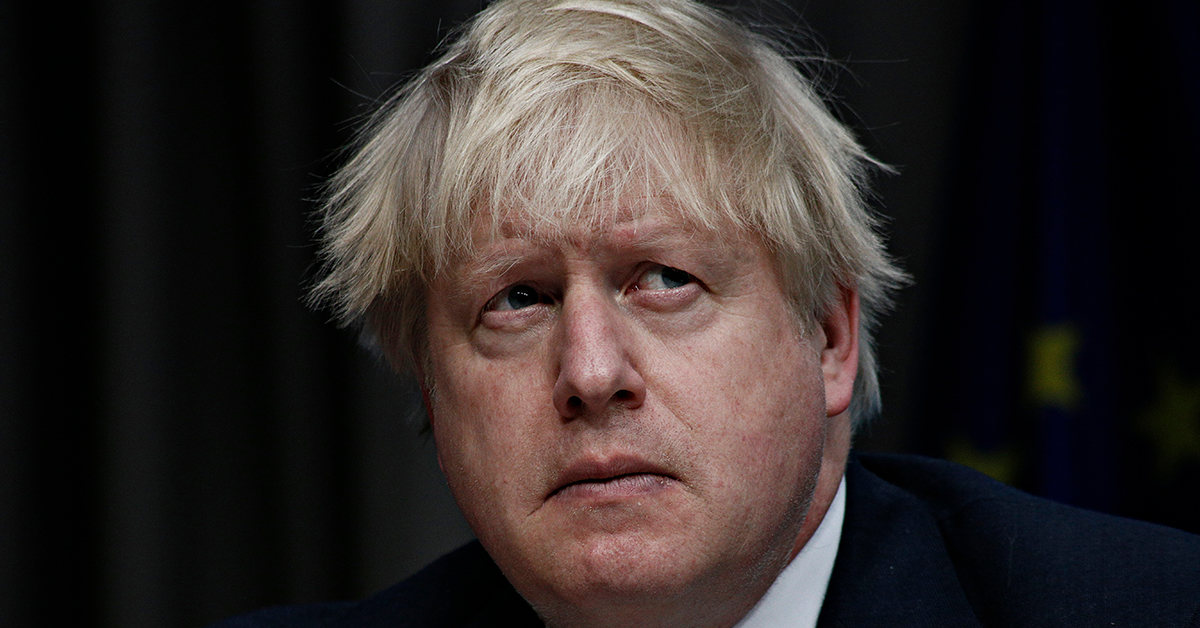Conservative Prime Minister Boris Johnson steps down just three years after winning a historic mandate.

The political crisis that has engulfed Westminster for so long finally came to a head in a matter of days in early July when a wave of ministerial resignations led to Boris Johnson himself stepping down. Elected with a colossal mandate in 2019, Johnson had become deeply unpopular in the three years since, with a string of scandals and allegations plaguing him and his party.
The mayhem has left sterling very volatile, with a potential for some fiscal stimulus earlier than previously anticipated. Business leaders don’t expect the UK’s rampant inflation to peak until at least the spring of 2023 or later, according to the UK’s Institute of Directors, whose members have hinted at raised prices, which would stoke inflation and even further raise the prospect of more central bank hikes.
The FTSE 100 climbed upon Johnson’s announcement, as the leadership contest got quickly underway to find his successor. Tax regimes will be on the radar for businesses and traders, as the final candidates take to the campaign trail. Three candidates remain in the running at the time of writing.
With many voters considering Brexit to be going badly, the new Conservative leader may look to adopt a more pragmatic approach to EU relations, which could in turn lift exports and capital expenditures and bring about overdue supply-side reforms.
“Brexit still appears to be a key issue, and the winning candidate likely will have to win the backing of many arch euroskeptics,” Gabriella Dickens, senior UK economist at economic research consultancy Pantheon Macroeconomics, tells Global Finance. “While we do not expect to hear much willingness to renegotiate in the near term, we think that the new Tory party leader likely will eventually take a more constructive approach to relations with the EU, which could help to facilitate a recovery in both investment and exports.”
The new leader will likely adopt some of the proposals outlined recently by Labour Party leader Keir Starmer. This would “smooth some of the frictions between the UK and the EU, without rejoining the single market or customs union,” Dickens explains.
Back in Westminster, Johnson has not yet left Downing Street; and he maintains power until his successor is announced on September 5.



